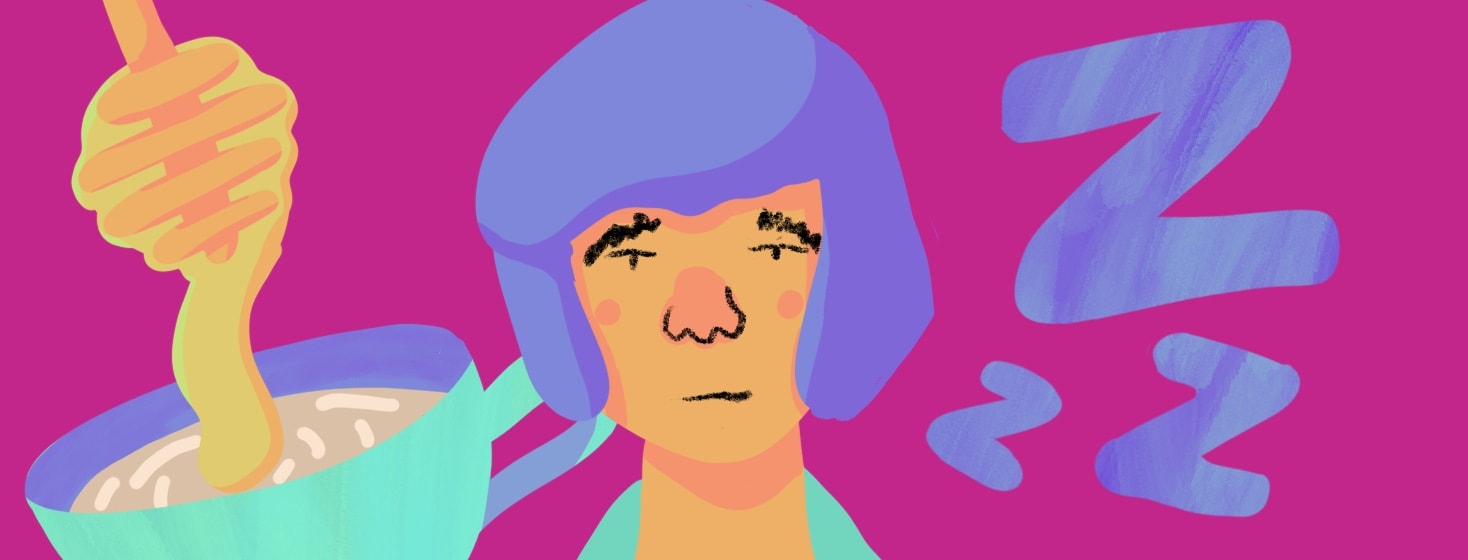A Cold Creeping In? How to (Maybe) Help Stave It Off
For some reason, I have been coughing more this fall than I think I usually do (if only one could quantify the background cough!), but generally, my breathing has felt pretty good. That is, until today—it still feels okay, but not great, and I feel like it is possible I might be getting sick. I have that feeling that one gets before a sore throat, my chest feels a bit heavier, and maybe that cough is something—or not something—after all. I had a stellar round of PFTs on Thursday and now, Saturday, things do not feel quite as stellar.
This does not exactly surprise me. After all, I work with kids, and I’ve been working at the university for the last 3 weeks, where I am pretty sure the university students may harbor more germs about them than children do since no grown-up is telling them to wash their hands (sadly).
So, while I promptly reached for a glass of my favorite peach mango juice, I also hopped on Google to see if there’s perhaps, with any luck, a way I can stave off this cold because I have a stupidly busy week ahead; which includes beginning to coach my youth team again and meeting new kids and parents, a work meeting, Bingo with a friend, a board meeting, archery, an appointment with my respirologist… and so on. A cold?! Ain’t nobody got time for that!
How to (apparently) stop a cold in its tracks
I consulted a few different articles, and here are some of the tips to hopefully prevent those first little symptoms of a cold from morphing into anything worse.
- Rest. So, I am supposed to spend the bulk of the weekend sitting at my laptop, playing The Sims, watching Netflix, and making a dog leash out of paracord? Okay, cool. Apparently de-stressing by getting some rest and relaxation—like meditating, listening to music, and so on—is a good idea, too. Check.1
- Hydrate. It seems that fluid without caffeine helps, well, though water is best, I don’t mind an excuse to keep drinking this vitamin C rich, highly delicious peach mango juice. (Seriously people. 10/10 recommend. It’s delicious, but also possibly only in Canada, so you might just have to believe me.) Eventually, maybe I will even drink some water, which I never do but I am quite serious about this not getting sick thing.1
- Drink hot tea with honey, apparently. Everybody always says this, and look, I do not exactly love tea (and I have the same feelings about honey.) With an actual sore throat, stuffiness and a cough, I sometimes sway myself. But hey, maybe I’ll give it a go. According to Murray Grossan, MD, an ENT at Cedars-Sinai Hospital LA, drinking “tea and breathing in steam stimulates the cilia—the hair follicles in the nose—to move out germs more efficiently. Lemon thins mucus, and honey is antibacterial.”1,2
So, that’s a thing, but it doesn’t explain why everything is telling me to drink tea to stave off this cold. *shrug emoji*.
Also, some other website is saying to drink garlic tea. This sounds a) gross and b) highly questionable, and I will not be partaking. (Though this study also says to eat garlic as an immune modifier, but garlic bread sounds a lot better, thanks.]
What about supplements?
These are greeted with a big ???. While I don’t use supplements, some people swear by them. One website, though, says results are inconsistent at best—yes, even for vitamin C that has been drilled into our brains to help with colds. Zinc, echinacea, probiotics, and vitamin D—among others—are all in the same boat, according to a summary by the University of California at Berkeley. They won’t likely hurt (although be careful with supplements like Vitamin D and Zinc), but they may not help, either.5
Extra steps with asthma
When you start feeling a cold coming on, it may be helpful to get a head start and increase your asthma medications according to your asthma action plan, to minimize the effect of illness on your lungs. And while none of these prevention or halting methods above are guaranteed to work, with any luck they might decrease the duration of your cold or make symptoms milder. And, given they’re all fairly healthy actions (well, probably with the exception of drinking a whole bottle of peach mango juice like I may just do, mostly because it is delicious), they likely won’t hurt.
And as always, stick with the tried and true methods to avoid colds in the first place—wash your hands frequently, sanitize surfaces, avoid sick people where possible, and yes, stop touching your face—the later of which is far easier said than done, shockingly—and get some rest. Maybe I’ll try to go to bed early tonight, and maybe—as opposed to normally—I might actually succeed? Hmm...
What do you do to stay healthy during cold and flu season?
Editor's note: Some of the references mentioned in this article are older than 5 years old. This was what the author learned from her research at the time she wrote the article, and we encourage our audience to discuss cold prevention tips with their physicians.

Join the conversation